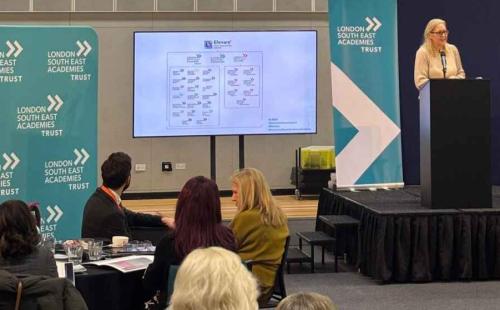Guidance and support
Browse our library of sector-leading thinking and resources, including assurance frameworks, policy papers, and toolkits.
Members get more
Many of our guidance documents are available to the whole sector but our members benefit from exclusive guidance and analysis. Members can also access an email helpdesk for queries, with free referrals to our legal partners for more complex questions.



